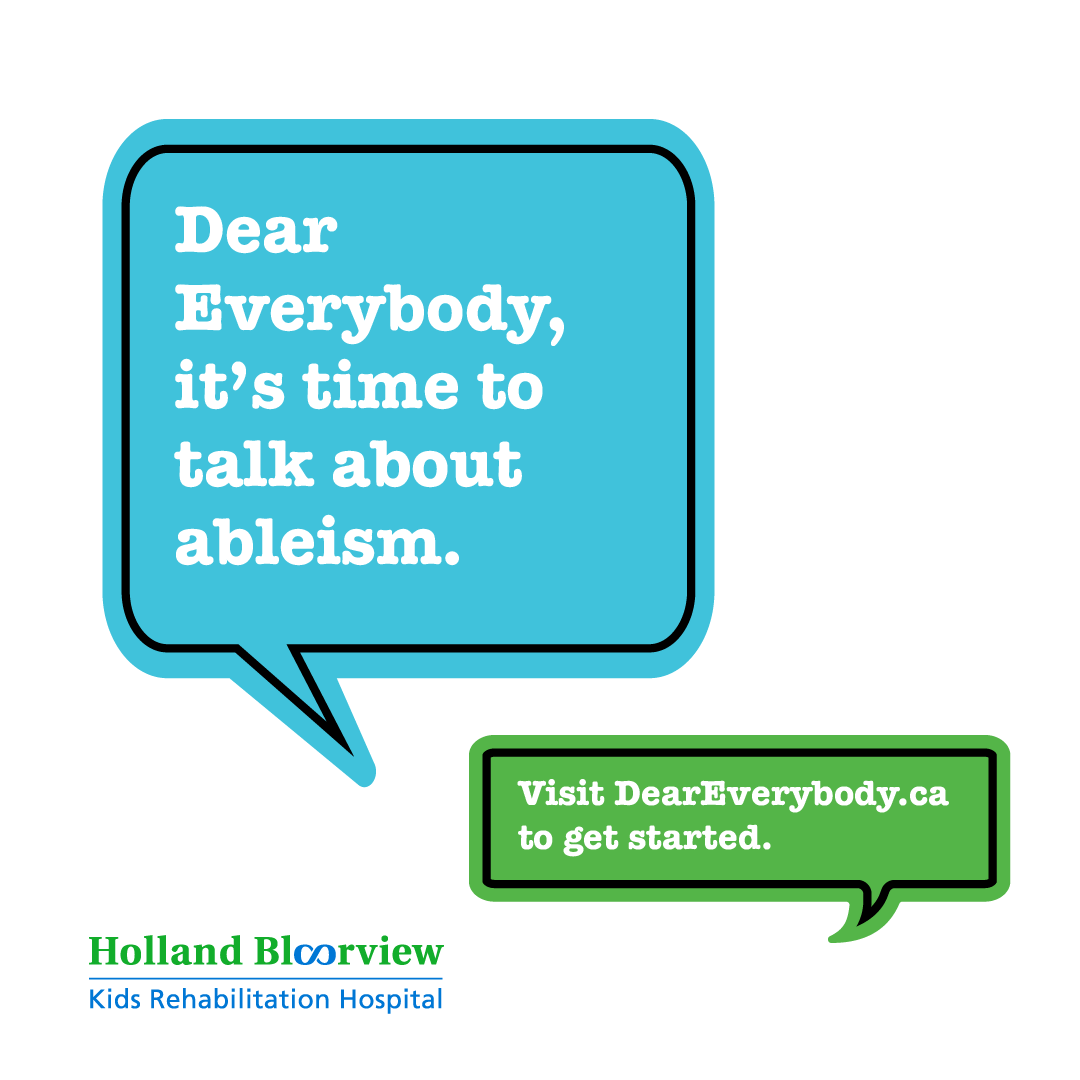Let’s talk about…
Ableism in the Media
From Wicked to Dear Evan Hansen, Tai has seen almost everything that Broadway has to offer. Everything, that is, except representation of people with disabilities.
As an actor himself, Tai pursued creative activities after watching the television series Glee. But, as an artist and actor with a disability who uses a wheelchair himself, Tai knows how important it is to shine a spotlight on disability—and authentic representation at that.
How do you feel about the current representation of disability in the media?
I can see other parts of myself represented in the media, but not my disability. That lack of representation makes it seem like my disability is something that outcasts me or separates me from the crowd, but that’s not necessarily the case.
It’s changing now, but there are these tropes about people with disabilities as people who are sick, people who are struggling, and people who need help. While I may need help sometimes, that doesn’t mean that my character has to be based on that. But it also doesn’t mean that my character has to be entirely independent. It’s important to find that balance, and just showcase real stories.
Can you think of any productions that have found that balance?
I know Ali Stroker because she won a Tony Award (for her role in the 2019 revival of Oklahoma!), but beyond that, there are so few people with disabilities praised like the other icons that we know. I wondered, “Why is that?” And I came to the conclusion that people with disabilities may be worried to put themselves out there because they haven’t seen other people like them on stage or on screen.
In today’s society, it is scary to be a trailblazer because people can be very unaccepting, or so accepting that it’s a little overwhelming. Also, there’s this internalized sense of being unattractive. Why can’t we just accept people for how they are and show that disability isn’t unattractive? Because at its core, it isn’t, but society makes it out to be that way.
Why do you think there are these stereotypes about disability as unattractive?
I think it’s all out of ignorance. But it’s one thing to change your understanding and unpack your own ableism, and then it’s another thing to change how you treat people. I would tell people to realize that disability is a lot more diverse than you may think. It’s not just what the media tells us, it’s not just what we assume.
What do you want to see change in terms of how society treats people with disabilities?
Everybody’s different, but speaking from my own experience, I feel comfortable when people ask me questions, but not when they assume. When people assume something about me, they’re automatically putting me into a box. It’s like, “Oh, let’s go get dinner. Never mind, it’s not accessible.” Of course, accessibility should be a thought, but to not even include me in that decision and find a solution really bugs me. So, I would love to see people not making assumptions, and asking me questions, instead.
If a place is inaccessible, that sucks and that’s something that needs to be fixed but bring me there, I’ll tell them. I’ll show them that it needs to be fixed. I’ll climb the stairs and then maybe they’ll fix it for the next person who can come through. I care obviously in terms of making things accessible because it needs to be an accessible society and that’s the way we need to go, but I also believe, as a person who has a disability, I can take the chance to show people that I’m capable to do these activities.
How do you think people can tackle ableism?
I would just tell people to try not to assume things straight away and realise that disability is a lot more diverse than you may think. It’s not just what the media tells us. It’s not just what we assume. Parents are always like, “Oh, let’s help the person with a disability,” like, you’re a hero for that. It’s kind of decent to help, but it’s not great to intrude if [the person with a disability says] they don’t need help.
It’s also important to remember that people with disabilities are the experts, so they should always be consulted, included and given the space to share their experiences and make change.
